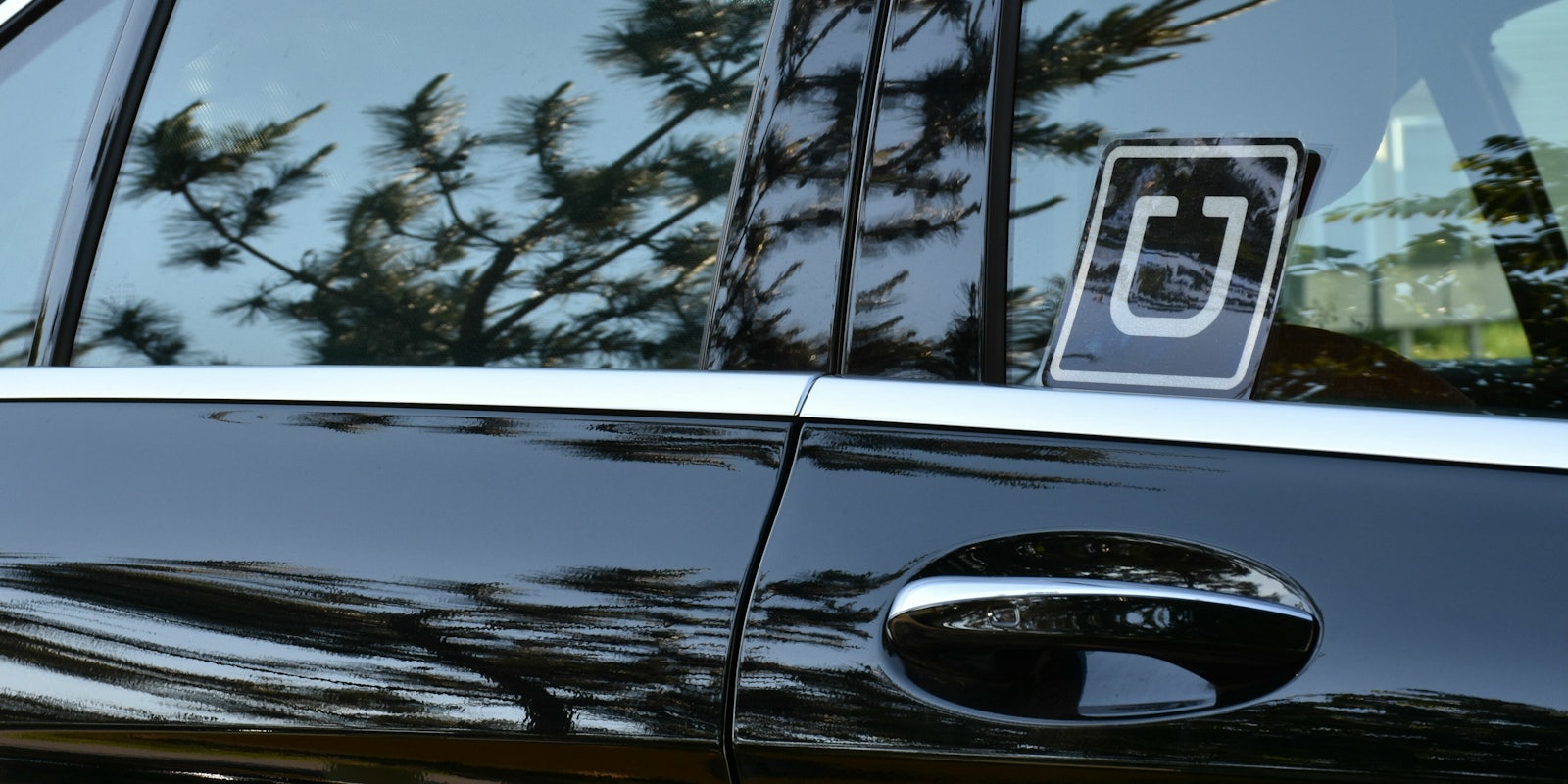Uber’s self-driving cars are once again being tested on city streets just nine months after a fatal crash grounded the company’s entire program.
The ride-hailing service announced Thursday that testing of its autonomous vehicles would resume on public roads in Pittsburgh following approval from the local Department of Transportation.
The program was initially halted in March after a pedestrian in Arizona was struck and killed by one of Uber’s self-driving cars. Although investigations are ongoing, the vehicle, which had a driver behind the wheel at the time of the incident, is believed to have had its automatic braking system disabled.
Eric Meyhofer, the head of Uber’s autonomous-vehicle program, said in a statement that the company has placed a much greater emphasis on safety this time around.
“Over the past nine months, we’ve made safety core to everything we do,” Meyhofer said. “This required a lot of introspection and took some time. Now we are ready to move forward.”
Meyhofer also revealed that Uber will restart manual driving in San Francisco and Toronto, a program in which trained specialists are behind the wheel but where they do not enable the car’s autonomous mode. And while Pittsburgh will see vehicles operating in the fully autonomous mode, strict new guidelines aim to bolster the safety of testing.
Not only will the customized Volvo XC90’s be limited to traveling on weekdays during daytime hours, the cars will be required to drive no faster than 25mph while carrying two trained employees as well.
An Uber spokesperson stated that each employee will be limited to four hours behind the wheel per day, two in the driver’s seat and two in the passenger’s seat.
The vehicle’s automatic emergency braking systems will also be activated at all times. Other changes include improved detection and tracking of pedestrians as well as a system designed to monitor whether the driver is distracted.
H/T CNET


